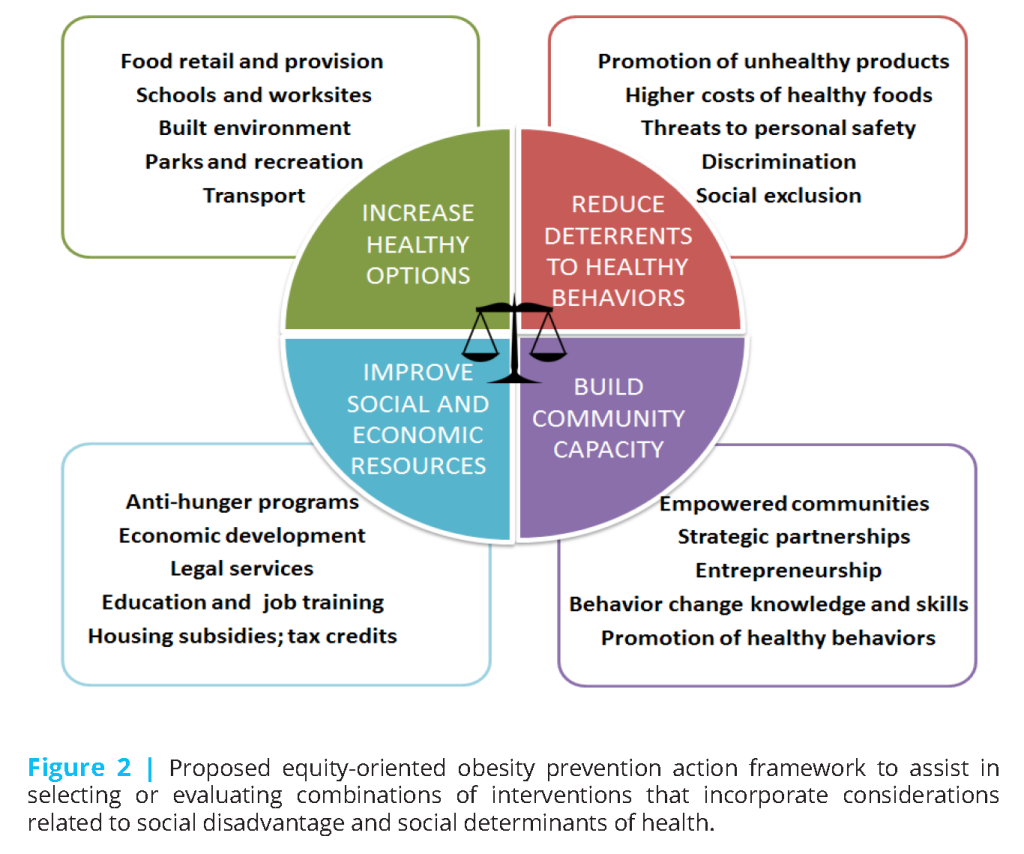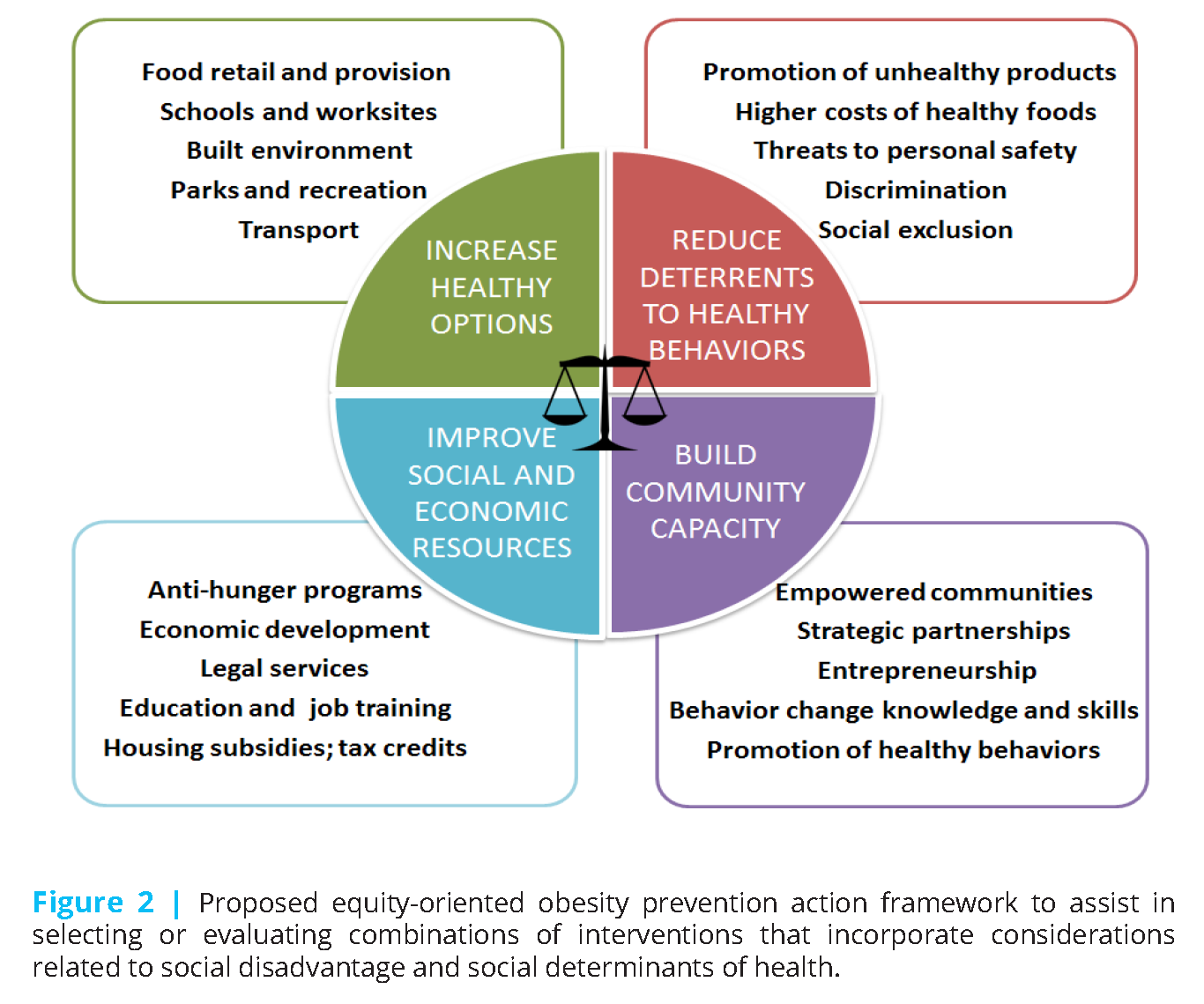Childhood obesity has become a pressing global health concern, with long-term consequences for physical and mental well-being. However, it’s a preventable condition, and there are various strategies that parents, caregivers, educators, and policymakers can implement to promote healthy habits and prevent obesity in children.
Firstly, promoting a balanced diet is essential in preventing childhood obesity. Encouraging children to consume a variety of fruits, vegetables, whole grains, lean proteins, and healthy fats can provide essential nutrients while limiting the intake of processed foods high in sugar, fat, and calories. Involving children in meal planning and preparation can foster a positive relationship with food and empower them to make healthier choices.
Secondly, regular physical activity is crucial for preventing childhood obesity. Encouraging children to engage in age-appropriate physical activities, such as sports, outdoor play, and active games, can help them maintain a healthy weight and develop strong muscles and bones. Limiting screen time, including television, video games, and smartphones, can also encourage children to be more active and reduce sedentary behaviors.
Furthermore, promoting healthy lifestyle habits within the family environment is key to preventing childhood obesity. Modeling positive behaviors, such as eating nutritious meals, being physically active, and prioritizing sleep, can influence children’s attitudes and behaviors towards health. Creating a supportive environment that emphasizes health and wellness can help children develop lifelong habits that reduce the risk of obesity and related health problems.
In addition to individual efforts, collaboration between communities, schools, healthcare providers, and policymakers is essential for preventing childhood obesity on a larger scale. Implementing policies that support access to healthy foods, promote physical activity in schools, and regulate the marketing of unhealthy foods to children can create environments that foster healthy behaviors and reduce the prevalence of obesity.
In conclusion, preventing childhood obesity requires a multifaceted approach that addresses diet, physical activity, family dynamics, and environmental factors. By promoting healthy habits and creating supportive environments, we can empower children to lead healthier lives and reduce the burden of obesity-related diseases in future generations.



